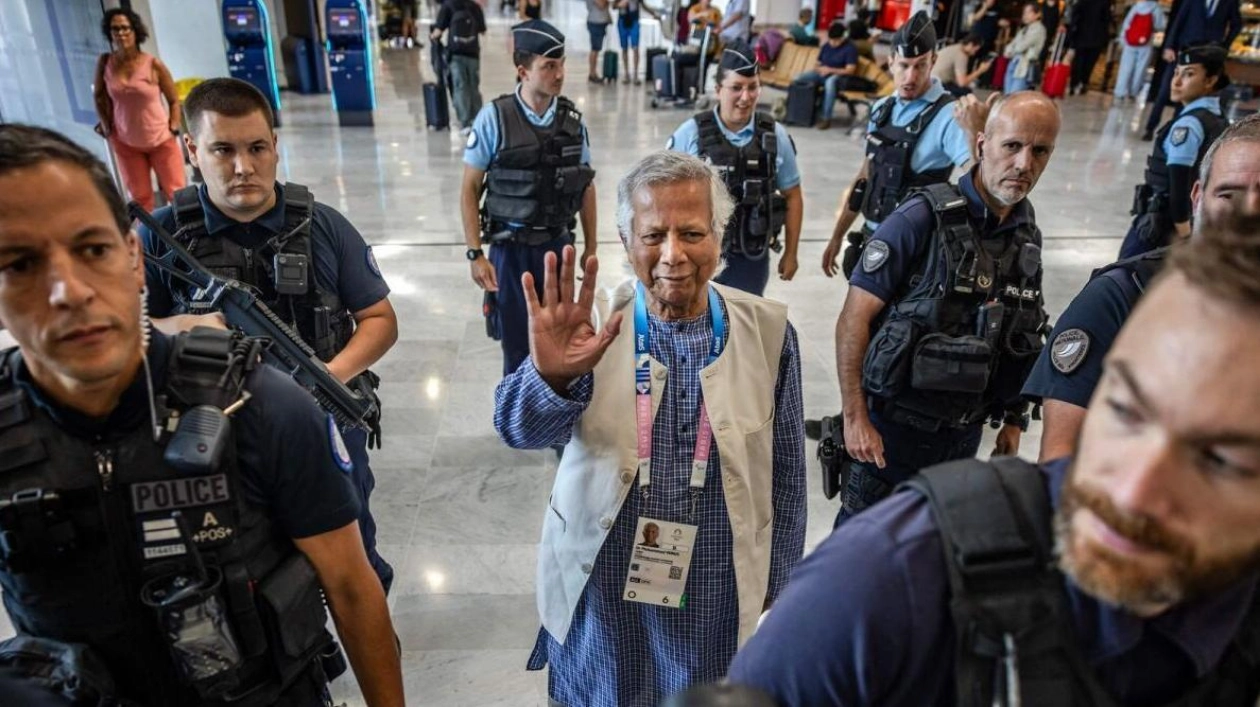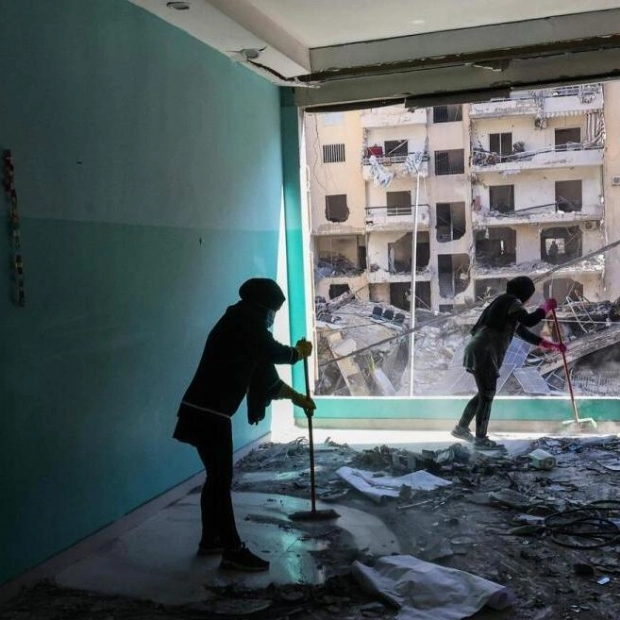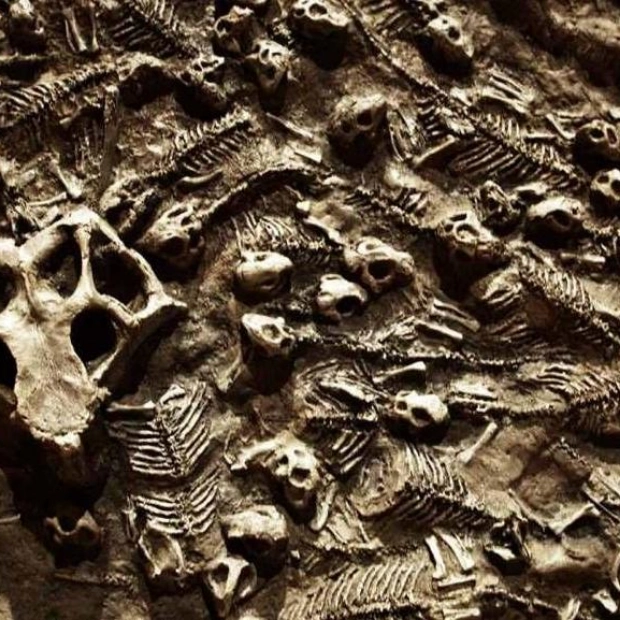The Nobel Peace Prize winner chosen to head an interim government in Bangladesh urged for tranquility and boarded a flight on Wednesday to return to his homeland, a day before his new government is set to take oath, succeeding the ousted Prime Minister Sheikh Hasina. Muhammad Yunus, aged 84, was selected by President Mohammed Shahabuddin to lead the new interim government, fulfilling a crucial demand of student protesters whose uprising compelled Hasina to escape to India on Monday.
"Let us maximize the potential of our recent triumph," Yunus stated in a message to Reuters before leaving Paris, where he had been undergoing medical treatment while on bail from criminal charges filed during Hasina's tenure. "I earnestly request everyone to maintain calm. Please avoid all forms of violence." Upon arrival at the airport, he told journalists: "I am eager to return home and assess the current situation and how we can reorganize ourselves to overcome our present challenges."
"I will engage in dialogue with them. I am new to this entire scenario," remarked Yunus, an economist who received the 2006 Nobel Peace Prize for establishing a bank that revolutionized poverty alleviation through microloans to ordinary individuals. President Shahabuddin emphasized the urgency to finalize the remaining members of the interim government to resolve the crisis and set the stage for elections. Nahid Islam, a prominent student leader, anticipated the selection of members by late Wednesday.
Army Chief General Waker-Uz-Zaman expressed optimism that the interim government would be inaugurated by late Thursday, noting that the country's situation was improving and expected to stabilize within the next 3-4 days. He also mentioned that military leaders had engaged in discussions with student leaders, political parties, and the president, and he was confident that Yunus would guide the nation towards a democratic process.
Prior to Yunus's arrival, a court nullified his conviction in a labor case where he was sentenced to six months in jail in January. Yunus had deemed his prosecution as politically motivated, part of a campaign by Hasina to suppress dissent. The main opposition Bangladesh Nationalist Party (BNP), invigorated by its leader Khaleda Zia's release from house arrest on Tuesday, rallied hundreds of supporters in Dhaka and demanded elections within three months.
"No destruction, revenge, or vengeance," Zia declared from her hospital bed. Her son stated: "National elections should be conducted soon and power should be transferred to a government elected by the people as soon as possible." Zia had alternated in power with Hasina since the early 1990s. She and Rahman were convicted of corruption in 2018, which they claimed was a fabricated case.
Hasina's resignation sparked celebrations across the country, and crowds unopposedly stormed and looted her official residence after her departure, marking the end of her 15-year second term in office. The daughter of state founder Mujibur Rahman, Hasina survived the assassination of her father and most of his family in 1975. She governed Bangladesh for 20 of the last 30 years.
Public discontent with Hasina was also fueled by economic hardships. Bangladesh's $450 billion economy thrived under Hasina due to the growth of the dominant garments sector. However, high import costs, inflation, youth unemployment, and dwindling reserves in recent years led to a $4.7 billion loan request from the International Monetary Fund. "The protests...have intensified risks to economic growth, fiscal performance, and external metrics," ratings agency S&P noted in a Wednesday report. "The impact on credit metrics may be mitigated if the sociopolitical situation stabilizes soon and Bangladesh establishes a new government."
Despite the return of calm, there were still indications of ongoing unrest. Protests erupted at the headquarters of the Bangladesh Bank in Dhaka on Wednesday when hundreds of central bank officials compelled four of its deputy governors to resign over alleged corruption, according to two sources at the bank. The bank did not immediately respond. India, facing backlash from some Bangladeshis for sheltering Hasina, evacuated non-essential staff and their families from its embassy and four consulates in the country, according to two Indian government sources.
Most schools and university campuses in Dhaka and other cities reopened after weeks of closure. Garments factories that had been closed for days also began reopening on Wednesday. The movement that overthrew Hasina originated from protests against job quotas for families of veterans of the 1971 war of independence from Pakistan, viewed by critics as a method to reserve jobs for allies of her Awami League party.






